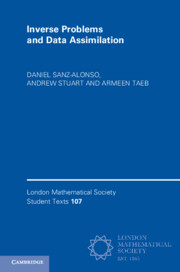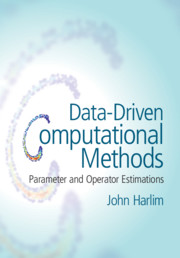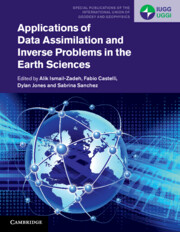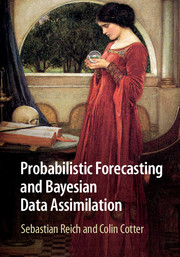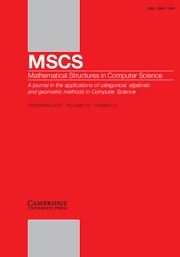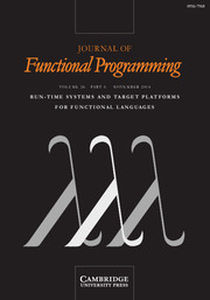Inverse Problems and Data Assimilation
Part of London Mathematical Society Student Texts
- Authors:
- Daniel Sanz-Alonso, University of Chicago
- Andrew Stuart, California Institute of Technology
- Armeen Taeb, University of Washington
- Date Published: August 2023
- availability: Not yet published - available from October 2024
- format: Paperback
- isbn: 9781009414296
Paperback
Other available formats:
Hardback, eBook
Looking for an inspection copy?
This title is not currently available for inspection. However, if you are interested in the title for your course we can consider offering an inspection copy. To register your interest please contact [email protected] providing details of the course you are teaching.
-
This concise introduction provides an entry point to the world of inverse problems and data assimilation for advanced undergraduates and beginning graduate students in the mathematical sciences. It will also appeal to researchers in science and engineering who are interested in the systematic underpinnings of methodologies widely used in their disciplines. The authors examine inverse problems and data assimilation in turn, before exploring the use of data assimilation methods to solve generic inverse problems by introducing an artificial algorithmic time. Topics covered include maximum a posteriori estimation, (stochastic) gradient descent, variational Bayes, Monte Carlo, importance sampling and Markov chain Monte Carlo for inverse problems; and 3DVAR, 4DVAR, extended and ensemble Kalman filters, and particle filters for data assimilation. The book contains a wealth of examples and exercises, and can be used to accompany courses as well as for self-study.
Read more- Provides a gentle introduction to inverse problems and data assimilation emphasizing the unity between both subjects and the potential for an exchange of ideas between them
- Includes numerous pointers to the wider literature
- Features examples and exercises for classroom teaching and self-guided learning
Customer reviews
17th Oct 2024 by UName-1388979
This title of this book is very attractive, since it connects inverse problems and data assimilation two very important topics.
Review was not posted due to profanity
×Product details
- Date Published: August 2023
- format: Paperback
- isbn: 9781009414296
- length: 221 pages
- dimensions: 226 x 152 x 15 mm
- weight: 0.33kg
- availability: Not yet published - available from October 2024
Table of Contents
Introduction
Part I. Inverse Problems:
1. Bayesian inverse problems and well-posedness
2. The linear-Gaussian setting
3. Optimization perspective
4. Gaussian approximation
5. Monte Carlo sampling and importance sampling
6. Markov chain Monte Carlo
Exercises for Part I
Part II. Data Assimilation:
7. Filtering and smoothing problems and well-posedness
8. The Kalman filter and smoother
9. Optimization for filtering and smoothing:
3DVAR and 4DVAR
10. The extended and ensemble Kalman filters
11. Particle filter
12. Optimal particle filter
Exercises for Part II
Part III. Kalman Inversion:
13. Blending inverse problems and data assimilation
References
Index.
Sorry, this resource is locked
Please register or sign in to request access. If you are having problems accessing these resources please email [email protected]
Register Sign in» Proceed
You are now leaving the Cambridge University Press website. Your eBook purchase and download will be completed by our partner www.ebooks.com. Please see the permission section of the www.ebooks.com catalogue page for details of the print & copy limits on our eBooks.
Continue ×Are you sure you want to delete your account?
This cannot be undone.
Thank you for your feedback which will help us improve our service.
If you requested a response, we will make sure to get back to you shortly.
×
